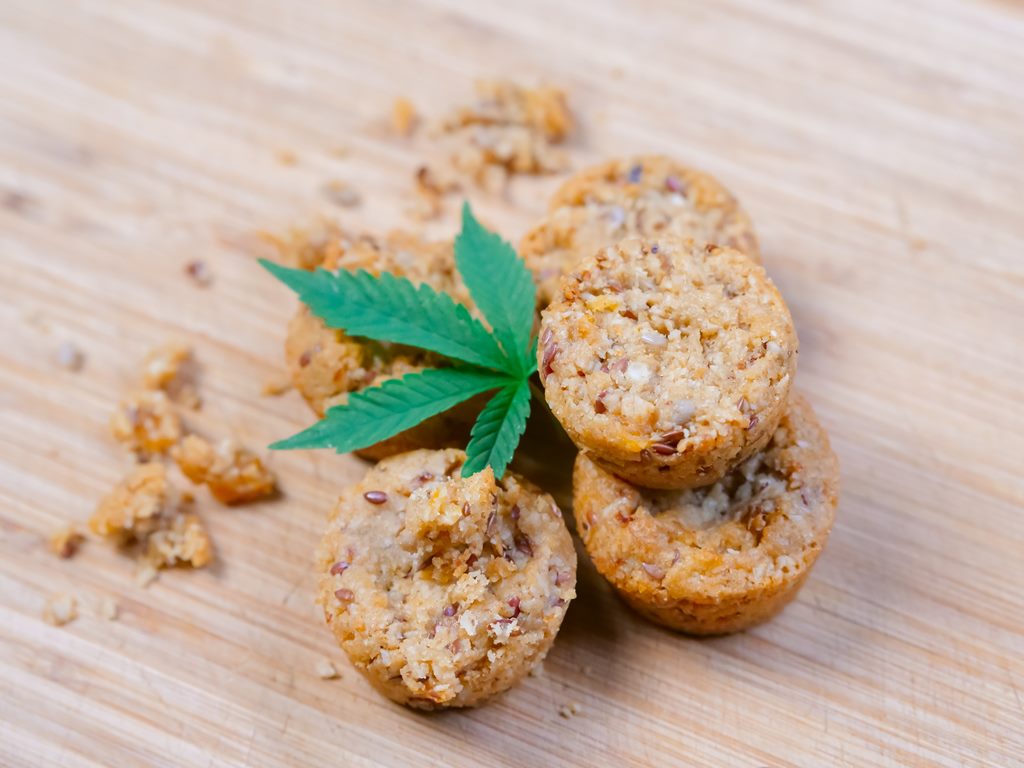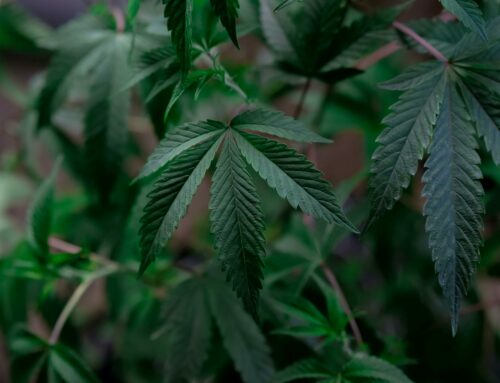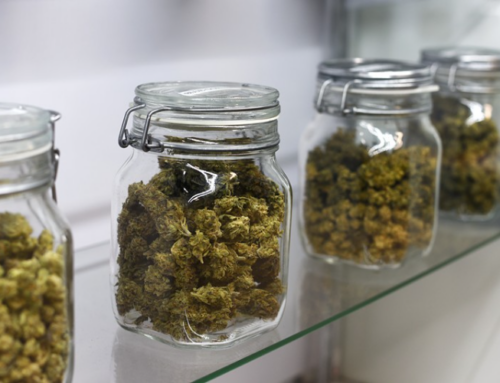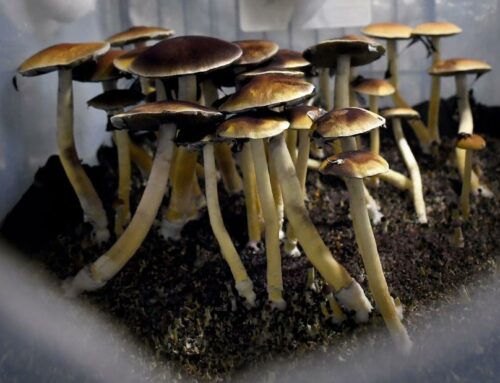South Carolina Implements Strict Regulations on Hemp in Food and Beverages
LOS ANGELES- In a significant regulatory move, South Carolina has announced stringent restrictions on the inclusion of hemp-derived ingredients in food and beverage products, permitting only hemp seeds and their derivatives. This decision marks a notable stance within the ongoing national discourse surrounding hemp and its byproducts, some of which are known for their intoxicating effects.
The South Carolina Department of Health and Environmental Control (DHEC) has officially issued a directive, as of January 22, prohibiting the manufacture, distribution, and sale of food and beverage items containing hemp-derived ingredients across the state. This measure is among the most restrictive approaches to hemp regulation in the United States, underscoring the state’s commitment to curbing the proliferation of products that may have psychoactive properties.
The crackdown is driven by concerns over the ambiguity in federal regulations regarding Cannabidiol (CBD) products, despite their widespread availability. The U.S. Food and Drug Administration (FDA) has consistently stated that adding CBD to food products renders them adulterated under the Federal Food, Drug, and Cosmetic Act, yet has been slow to finalize its regulatory stance.
According to the DHEC’s announcement, a variety of hemp products are explicitly excluded from being added to food or beverages. These include viable hemp seeds that are not sterilized, raw hemp leaves, microgreens, pure CBD isolate, and any form of Tetrahydrocannabinol (THC) or other derivatives. Additionally, products not manufactured in food-grade facilities inspected under Good Manufacturing Practices (GMP) or current GMP (cGMP) regulations are banned, as are those claiming medical or health benefits.
Exceptions to these restrictions are narrowly tailored, focusing on hemp seed derivatives that have received Generally Recognized As Safe (GRAS) status from the FDA. Approved items include hulled hemp seed, hemp seed protein, and hemp seed oil, reflecting a cautious approach to integrating hemp into consumer products.
Sandra Craig, Director of the DHEC’s Division of Food and Lead Risk Assessments, emphasized the dual goals of educating stakeholders while ensuring compliance with both federal and state laws. The restrictions aim to eliminate from the marketplace any food and beverage products incorporating non-conforming hemp-derived ingredients.
The DHEC’s guidelines also specify conditions under which “full spectrum” hemp oil or extract may be used in food and beverage products, emphasizing the necessity of accurately labeling these ingredients without making health claims or mentioning THC, CBD, or Delta-9 concentrations.
This regulatory effort in South Carolina is part of a broader national trend, with at least a dozen other states actively seeking to regulate or ban hemp-derived products, particularly those with psychoactive effects like delta-8 THC. The move reflects the complexities and challenges of balancing consumer safety, regulatory clarity, and the burgeoning hemp industry following the 2018 Farm Bill, which inadvertently opened legal loopholes for such products.
As South Carolina enforces these regulations, the state joins a growing list of jurisdictions taking decisive steps to navigate the intricate landscape of hemp-derived products, aiming to safeguard public health while navigating the evolving legal and regulatory framework surrounding cannabis and its derivatives.




































